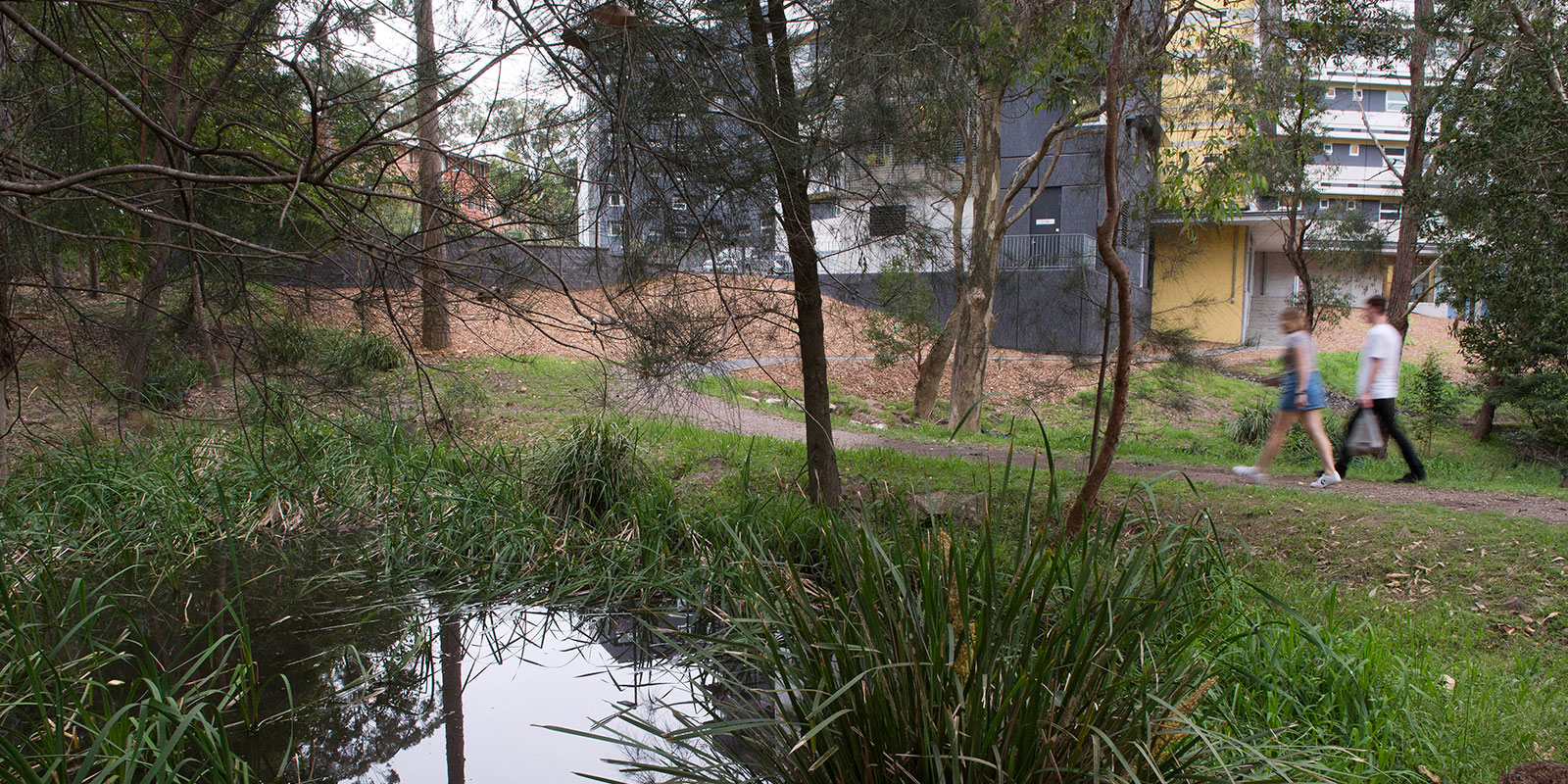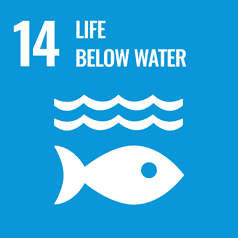

Goal 14:
Life Below Water
Technologies Towards Aquatic Ecosystem Damage Prevention
The University of Newcastle does work directly (through research and engagements with industry) on technologies and practices that enable the marine industry to minimise or prevent damage to aquatic ecosystems.
2024 Research & Industry Engagement to Reduce Marine Ecosystem Damage:
- Hybrid Power & Propulsion System for Vessels
In 2024, the University partnered with Ampcontrol and Steber International to develop a Hybrid Power and Propulsion System for maritime vessels. This system helps reduce emissions, fuel consumption, and noise while maintaining performance — directly reducing environmental harm from marine vessels. This collaboration won the Project of the Year at the 2024 Engineers Australia Newcastle Division Excellence Awards. - Underwater Noise Pollution Monitoring
A PhD candidate at the University led a study in 2024 that recorded thousands of hours of underwater sound in several estuaries in New South Wales. The aim was to understand how noise pollution from human activities (such as recreational boating) can affect marine life (masking communication, navigation, etc.). Findings are intended to inform policy and industry practices to limit noise impacts. - Marine Ecotoxicology & Outflow Effects
Researchers have examined the effects of estuarine outflows and legacy/emerging contaminants (e.g. chemicals, nutrients, pollutants) on estuarine and marine biota. One study in 2024 highlighted biological and geographical gaps in how estuarine outflows affect marine ecosystems in New South Wales, particularly regarding exported carbon and nutrients. This work helps industry and regulators see where mitigation is needed.
The University of Newcastle acknowledges the traditional custodians of the lands within our footprint areas: Awabakal, Darkinjung, Biripai, Worimi, Wonnarua, and Eora Nations. We also pay respect to the wisdom of our Elders past and present.